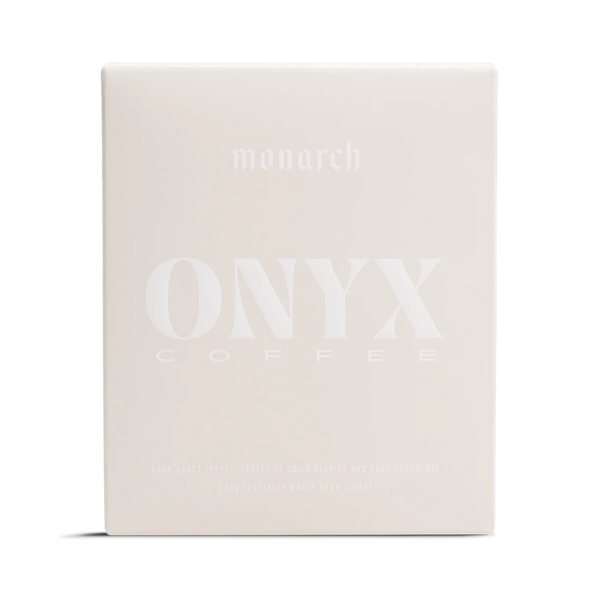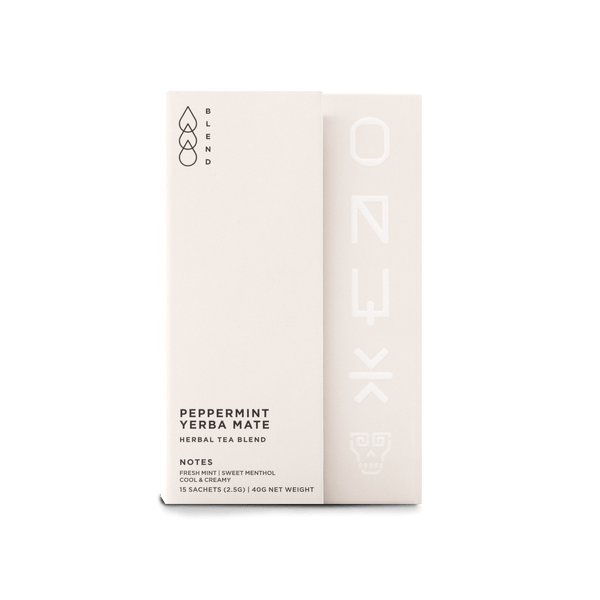Story
The name Pergamino coffee has been synonymous with high-quality Colombian coffee for years. We’ve long partnered with Pedro Echavarría to purchase coffees from their family estates, and over the last four years we’ve partnered with Pergamino on the Allied Producer Program, which we’ve utilized to source coffees for not only single-origin usage but also for our staple blends when washed coffees are needed. Through the network of the Allied Producer Program, we’ve sourced excellent full container lots for our blends, and while cupping through these coffees we find micro-lots that are higher quality: with marked delicate florals and higher acidity, which we separate out to feature as a single origin offering. We pay 10-20% more for these lots as they're separated out from the larger regional blends, yielding the producer anywhere from two to three times the C-Market price. This lot is the first of many lots we separated during our last visit to Pergamino.
This lot comes from Patricia Granda, a 44 year old lifelong producer living in Inzá. Patricia often says that she has lived in the middle of coffee plantations for her whole life, and that is true. Her father raised her on the farm, teaching her the ins and outs of agronomy and processing. The seeds she used to plant her farm are seeds from an old Bourbon plantation from the top of a nearby mountain. She had been told that this variety is hard to the cold and produced an amazing quality, and she took a chance and planted her entire farm with this ‘Borbon de la Montaña.’ With this bourbon, she depulps the fresh pickings daily at her micromill, fermenting those seeds in an extended dry fermentation, adding the fresh pickings to the fermentation. This adjusts the PH daily with each fresh addition, limiting the production of acetic and ‘boozy’ notes produced by long, hot fermentations.
WASHED PROCESSED COFFEES
The washed process begins with coffee cherries delivered to the washing station, both from the primary market or from farmers bringing their coffee directly to the mill. The cherries are inspected, and an initial quick round of hand-sorting separates the defective coffees before placing them into the hopper. They are then funneled to the depulper, which removes the fruit from the seeds (beans). After that phase is done, the coffee is fermented underwater for approximately 12-36 hours. During this fermentation, a microbial de-mucilagation takes place, which allows the outer fruit and pectin layer to break down, making the coffee easier to dry. This phase also crucially alters the organic acids within the coffee, as sugars and organic acids are transformed, with the best washed coffees maintaining their complex fruit esters. Once the fermentation is complete, the parchment is emptied into the washing channels, where it is agitated with rakes to remove the last of the fruit layer. During this step, the water is refreshed to ensure its capability of separating the fruit layer from the seed. Once the washing is complete, the coffee is taken to the raised drying tables for sun drying.





